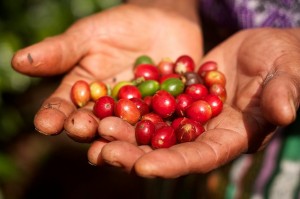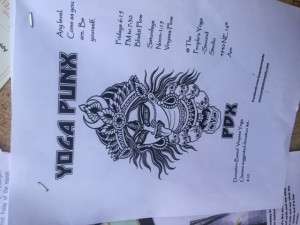I only drink coffee once or twice a week, but when I do, it amazes me. My thought process in a sense is completely heightened, and I can flow much quicker through my thoughts. At times, a good quality cup is extremely helpful in getting through classes and seminars, and helps me stay focused. At other times, when I drink it too often, the caffeine makes me too anxious and instead of helping my thought flow, hinders it by overshooting. It amazes me how so many people all over the world depend on coffee to think. It is the fuel that drives people to work, that wakes them up and allows them to function. We all know that coffee is addictive, and is drug that much of the world is on. After crude oil, coffee is the most sought commodity in the world, and over half of Americans over the age of 18 drink coffee everyday. (http://www.businessinsider.com/facts-about-the-coffee-industry-2011-11).
In Bits of Life, the question is raised, “…how do digital technologies affect acts of cultural memory?” (115). I also wonder how the various drugs and foods we intake affect acts of cultural memory, and specifically how coffee affects our cognitive function. I also wonder how the foods and drinks that civilizations ingest affect their cultural memory, and the art that they make. Coffee is an integral part to so many lives on earth, not only for drinking but also living, and it must have a huge impact on our individual thinking processes, as well as the collective.
I remember harvesting and roasting coffee beans in northern Thailand on a farm, and it was a beautiful experience. It felt really good to be a part of this process, and familiarize myself with the labor involved. Something many people may not know is that you can eat the berries, and making delicious jams is the best way to eat them (in my opinion). The oils that contain the caffeine are also in the fresh berries, and can get your really amped through just touching them and rubbing your hands in the berries for awhile.



 I found this picture in Portland and thought it was hilarious. It amazes me how people play with yoga and how many forms it can take.
I found this picture in Portland and thought it was hilarious. It amazes me how people play with yoga and how many forms it can take.